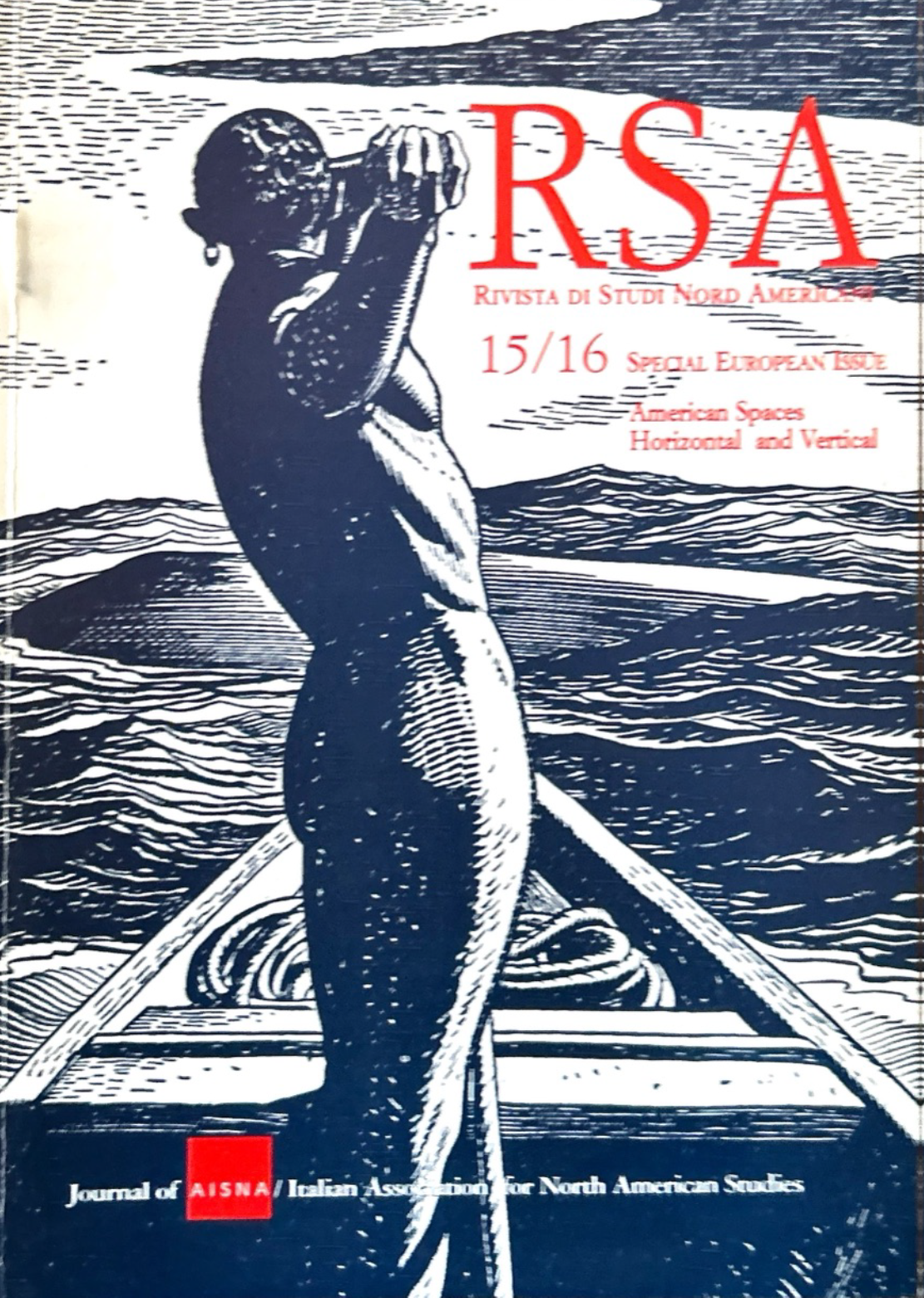Crossing the Voice, Crisscrossing the Text
Writing at the Intersection of Prose and Poetry in Sylvia Plath’s “Sunday at the Mintons’”
DOI:
https://doi.org/10.13135/1592-4467/8803Parole chiave:
poetry, prose, horizontality, verticality, Sylvia PlathAbstract
"Sunday at the Mintons" ushers Sylvia Plath into the world of letters as a virtuoso story-teller and an acerbic poet. Horizontal by necessity, her prose is disheveled by the stubborn assaults of a poetical urge that questions its linearity and challenges its laws. Spacializing the dialectics between genre and gender, the narrative pits Henry Minton against his sister Elizabeth, the down-to-earth, matter-of-fact brother against the fanciful extravagant spinster who dreams of floating into the blue. It behoves her to space out the narrative line, cut the tether between words and things and, within the story's cracks and the breaches of the symbolic, to release writing from the ponderous demands of referentiality. But amidst these cracks, a voice tentatively emerges which cannot hold as it yields again to the weighty conventions of the referential, the diktats of a humdrum linearity. Plath's early story not .only questions the grounds for reading, it also defies the sense of an ending. Racked by doubt, crossed by its inner contradictions, “Sunday at the Mintons’,” this article argues, stages the ceaseless transactions between the demands of the story genre and the temptation of an unfettered poetic revue, permitting, for the first time in Plath's career, the surfacing of "a voice of her own," however crossed, at the intersection of the vertical and the horizontal.
##submission.downloads##
Pubblicato
Fascicolo
Sezione
Licenza
Avviso sul Copyright
RSAJournal applica una licenza CC BY-NC-ND a tutti i suoi contributi. Questa licenza consente agli utenti di copiare e distribuire il materiale in qualsiasi supporto o formato solo in forma non adattata, per scopi non commerciali e a condizione che venga esplicitato/a l'autore/autrice dell'opera. CC BY-NC-ND include i seguenti elementi:
- BY: L'autore deve essere riconosciuto come tale.
- NC: Sono consentiti solo utilizzi non commerciali dell'opera.
- ND: Non sono consentite opere derivate o adattamenti dell'opera.
Gli autori che pubblicano con questa rivista accettano i seguenti termini:
- Gli autori conservano il copyright e tutti i diritti di pubblicazione per i loro contributi alla rivista.
- Gli autori concedono alla rivista il diritto di prima pubblicazione in base alla licenza internazionale Creative Commons Attribution-NonCommercial-NoDerivatives 4.0, che consente ad altri di condividere l'opera non modificata per scopi non commerciali a condizione che venga esplicitato/a l'autore/autrice dell'opera e la sede di pubblicazione iniziale (questa rivista).
- Gli autori sono in grado di stipulare accordi contrattuali separati e aggiuntivi per la distribuzione non esclusiva della versione pubblicata dalla rivista (ad esempio, per inserirla in una repository istituzionale o pubblicarla in un libro), con l'indicazione che il contributo è stato precedentemente pubblicato in RSAJournal.




